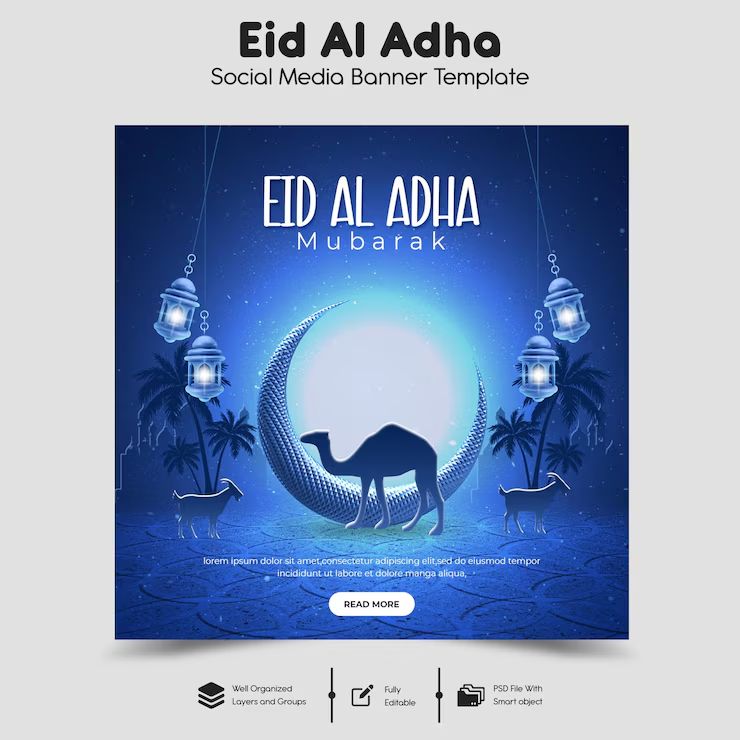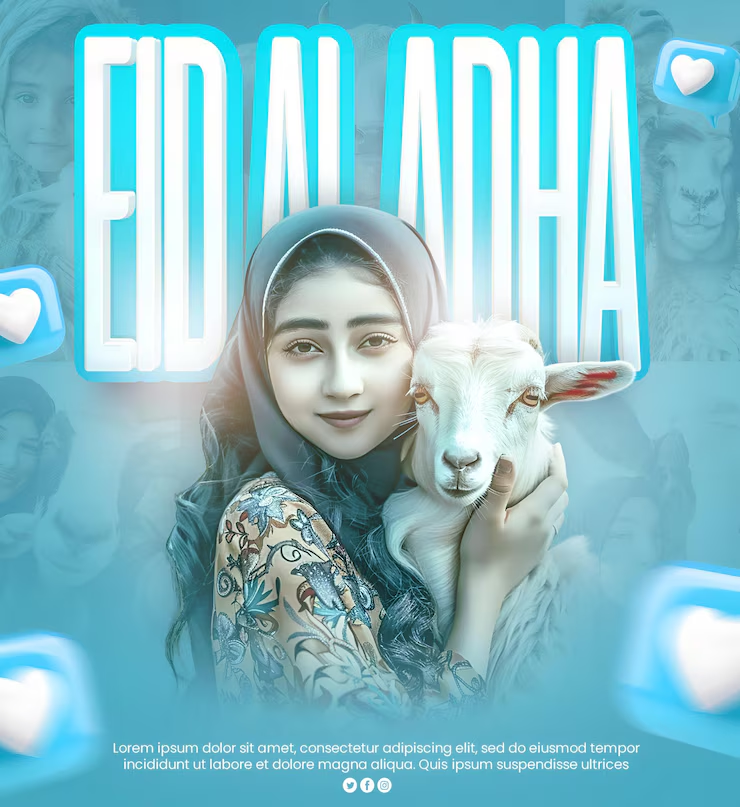That question – “Are the Quran and the Bible the same?” – it pops up often. Maybe you’ve heard stories of Adam, Moses, or Jesus in both contexts and wondered. Maybe you’ve seen heated debates online. It’s a natural curiosity, born from recognizing familiar names echoing across centuries and continents. But the answer, like faith itself, is layered. It’s less about a simple “yes” or “no,” and more about understanding a profound relationship – one woven from shared threads of history and belief, yet distinct in its final pattern. Let’s walk through this together.
First Things First: Which Book is Older?
This one has a clear answer: The Bible is significantly older.
-
The Bible: Think of it as a vast library built over centuries. Its earliest parts, like sections of the Torah (the first five books), stem from traditions dating back over a thousand years before the common era (BCE), though written down later. The stories of Abraham, Moses, and King David were ancient history long before the time of Jesus. The New Testament, focusing on Jesus and the early Christian church, was written within the 1st century CE (Common Era). The process of gathering these diverse writings into the Bible we know took several more centuries.
-
The Quran: Muslims believe the Quran is the literal, unaltered word of God (Allah), revealed directly to the Prophet Muhammad through the Angel Gabriel, starting in 610 CE and continuing until his death in 632 CE. It wasn’t a centuries-long compilation; the verses were memorized and written on materials during Muhammad’s life, then compiled into a single book shortly after his passing, around 650-656 CE.
So, chronologically, the Bible predates the Quran by centuries. From a Muslim perspective, however, the message of the Quran is eternal, existing with God before time, making its divine origin timeless, even if its revelation in Arabic happened in the 7th century.

Family Resemblance: Where the Quran and Bible Shake Hands
Despite the gap in time, the Quran actively connects itself to the stories in the Bible. It’s like meeting a distant cousin and recognizing the family nose. There are deep, undeniable similarities:
-
One God: At the absolute heart of both is a fierce, uncompromising belief in One Supreme Creator. Polytheism and idol worship are unequivocally rejected. This God is All-Powerful, All-Knowing, the Source of Mercy and Justice in both traditions.
-
A Line of Messengers: Both books tell the stories of prophets sent as guides. Adam, Noah, Abraham, Moses, David, John the Baptist, and Jesus – these figures are revered bridges between God and humanity in both scriptures. The Quran explicitly states it confirms the truth of what came before (e.g., Quran 2:136).
-
Living a Good Life: Both provide profound moral compasses. They command worshipping God alone, prayer, giving generously to those in need, honesty, justice, kindness to parents, and forbidding grave sins like murder and theft. The concepts of an ultimate reckoning (Judgment Day), Paradise, and Hell are central pillars in both.
-
Shared Stories: We find echoes of the same foundational narratives: Creation and Adam & Eve’s time in Eden, Noah’s ark weathering the flood, Abraham’s profound test of faith (though the son involved differs in interpretation), Moses leading his people out of Egypt, David facing Goliath, and the miraculous birth of Jesus to Mary.
-
The Unseen Realm: Both acknowledge a reality beyond our sight – angels (like Gabriel) carrying out God’s will, and a force of opposition (Satan or Iblis) that tests humanity.
This isn’t coincidence. The Quran positions itself as the final chapter in a long story of divine guidance, speaking directly to the people of its time and place in their language, confirming the core message of the prophets who came before.
The Fork in the Road: Where the Paths Diverge
Yet, for all the shared heritage, the differences are profound and define the unique identities of Islam and Christianity. These aren’t minor quibbles; they touch the very core of belief:
-
Who is Jesus?
-
Bible: Jesus is the cornerstone. Christians believe he is the divine Son of God, part of the Trinity (Father, Son, Holy Spirit), who lived among us, performed miracles, was crucified, died to atone for human sin, and rose from the dead. Salvation comes through faith in him and his resurrection.
-
Quran: Jesus (Isa) is honored as a mighty prophet, the Messiah, born miraculously to the Virgin Mary (Maryam) by God’s command. But the Quran is absolutely clear: Jesus is not divine (Quran 5:17, 75), not part of a Trinity (Quran 4:171, 5:73), and was not crucified (Quran 4:157-158 states God saved him and raised him directly to Himself). He is a human messenger, not God incarnate. Muslims believe the original message about Jesus was altered over time.
-
-
Understanding God:
-
Bible: While affirming God’s oneness (Deuteronomy 6:4), Christian theology teaches the Trinity – One God eternally existing as three distinct Persons: Father, Son (Jesus), and Holy Spirit. This is seen as the ultimate revelation of God’s nature as love and relationship.
-
Quran: Islam emphasizes God’s absolute, indivisible Oneness (Tawhid). God is One, Unique, without partners, children, or equals (Quran 112:1-4). The concept of the Trinity is seen as compromising this pure unity and is rejected. God has no “Son” in a literal sense; such terms are understood metaphorically. The Holy Spirit in the Quran is typically identified as the Angel Gabriel.
-
-
The Book Itself:
-
Bible: Christians view the Bible as the inspired Word of God, written by human authors guided by the Holy Spirit. It’s considered the complete revelation for the Christian faith. Scholars acknowledge a complex history of writing, editing, and compilation.
-
Quran: Muslims believe the Quran is the exact, literal, uncreated words of God, revealed word-for-word to Muhammad. Its Arabic text is held to be miraculously preserved without any change since revelation. While acknowledging divine origins for previous scriptures (Torah, Psalms, Gospel), Muslims believe they were altered or misinterpreted over time, making the Quran the final, uncorrupted criterion (Furqan).
-
-
The Journey to Salvation:
-
Bible (Christianity): Salvation is a gift of God’s grace, received through faith in Jesus Christ’s sacrifice and resurrection. Good deeds flow from this saving faith as its natural expression.
-
Quran: Salvation is achieved through correct belief (in One God, angels, all revealed books, all prophets, the Last Day, and Divine Decree) combined with performing righteous deeds according to Islamic teachings (Quran and Sunnah). Ultimately, entrance into Paradise rests on God’s boundless mercy.
-
-
The Details Within Shared Stories: Even familiar tales have different textures:
-
Abraham’s Sacrifice: The Bible names Isaac (Genesis 22); Islamic tradition predominantly names Ishmael.
-
The First Mistake: The Quran doesn’t present Adam and Eve’s transgression as an “Original Sin” inherited by all humanity requiring divine atonement. Each individual is responsible for their own choices.
-
Jesus’s Fate: As mentioned, the Quran explicitly denies the crucifixion occurred as Christians understand it.
-
The Heart of the Matter: Do They Worship the Same God?
This is perhaps the most sensitive and complex question. The answer truly depends on the lens:
-
Through Muslim Eyes: Absolutely, unequivocally yes. Allah is the God of Abraham, Moses, and Jesus. The word “Allah” is simply Arabic for “The God.” The Quran constantly links Allah to these very prophets. The difference, from this view, is that Christians (and Jews) have, over time, misunderstood God’s true nature – particularly by associating partners with Him (Trinity) and elevating Jesus beyond his prophetic station.
-
Through Christian Eyes: Generally, no, based on the defining doctrines. While Christians recognize that Muslims intend to worship the Creator God of Abraham and share many attributes (Creator, Sovereign, Merciful), the Christian understanding of God as Trinity – especially the belief that Jesus Christ is God incarnate and the Holy Spirit is a divine Person – is fundamentally incompatible with the Islamic concept of absolute, unqualified divine Oneness (Tawhid). Worship directed towards a God explicitly defined as not Trinitarian is not worship of the God revealed in Jesus Christ, according to Christian theology. Some might speak of seeking the same ultimate Divine Reality, but the definitions clash.
-
An Observational View: Scholars see both faiths claiming descent from Abraham and worshipping the God he followed. They share core attributes. However, the specific defining characteristics – Trinity vs. Tawhid – represent irreconcilable differences in how God is understood and defined. They point to the same origin but describe fundamentally different destinations.
Science and Accuracy: Can We Settle This?
Claims about scientific foreknowledge in ancient scriptures are fascinating but fraught. Both texts spoke to their audiences in the language and concepts of their time.
-
The Bible: It’s a collection of diverse genres – history, poetry, prophecy, law – written over millennia. It reflects the ancient Near Eastern worldview (e.g., a solid sky, earth-centered universe). While some see hints of modern science in poetic descriptions (e.g., earth hanging in space, Job 26:7), scholars emphasize understanding it within its historical context, not as a science manual.
-
The Quran: Many Muslims point to verses interpreted as describing phenomena confirmed by modern science: embryonic development stages (Quran 23:12-14), the universe’s expansion (Quran 51:47), or the water cycle (Quran 23:18). This “scientific miracle” concept is popular. Critics argue these interpretations often involve reading modern knowledge back into poetic or metaphorical verses. The Quran primarily used imagery understandable to 7th-century Arabs.
-
The Reality: Both texts reflect the cosmological understanding of their eras. Asserting unique scientific accuracy for either involves significant interpretation and faith. Their primary purpose is spiritual and moral guidance, not scientific exposition. Debating their “scientific superiority” often misses their deeper intent.
Contradictions: Why They Exist
The differences we’ve outlined are the contradictions. The nature of Jesus, the definition of God, the path to salvation, specific story details – these aren’t minor glitches; they are foundational to each faith’s self-understanding.
-
From a Muslim viewpoint, these contradictions arise because the earlier scriptures, as held by others, became corrupted. The Quran corrects these errors and restores the pure message.
-
From a Christian viewpoint, the Quran’s denial of core doctrines like the crucifixion and divinity of Christ represents a rejection of the truth revealed in Jesus and witnessed by his followers.
These contradictions are inherent and unavoidable given the distinct truth claims each religion makes.
So, Are They the Same? The Nuanced Answer
Returning to your original, burning question: “Are the Quran and the Bible the same?”
The clearest answer is no, they are not the same, but understanding why requires appreciating the depth of both connection and distinction.
-
They are distinct revelations: Different origins, different languages, different historical moments, different core theological messages. They tell different stories about the most crucial figure for Christians – Jesus Christ – and define God in fundamentally different ways.
-
They offer different paths: Salvation is understood and sought through different means – grace through faith in Christ vs. belief combined with righteous deeds under God’s mercy.
-
They are unique scriptures: One is a collection of inspired writings over centuries; the other is believed to be the direct, verbatim word of God revealed in a specific time.
But they are undeniably kin:
-
They spring from the same Abrahamic root.
-
They direct worship towards the God identified as the God of Abraham.
-
They cherish many of the same prophetic figures.
-
They share a powerful ethical vision for human life.
-
The Quran consciously engages with the biblical narrative, affirming its roots while claiming to fulfill and correct it.
The Takeaway: Respecting the Tapestry
The relationship between the Quran and the Bible is a tapestry – threads of shared history and belief intricately woven with threads of unique revelation and identity. They are siblings in the Abrahamic family, bound by a common starting point but journeying down distinct paths illuminated by their own sacred texts. Recognizing both the deep connections and the irreconcilable differences isn’t about declaring a winner; it’s about fostering genuine understanding. To ask “Are they the same?” is to oversimplify a relationship rich with both harmony and tension. They are profoundly connected, yet fundamentally different. Each stands as a testament to humanity’s enduring search for the Divine, shaping the lives of billions and continuing to inspire, challenge, and guide. True understanding lies not in forcing sameness, but in respecting the unique light each shines while acknowledging the shared ground from which they both grew.


